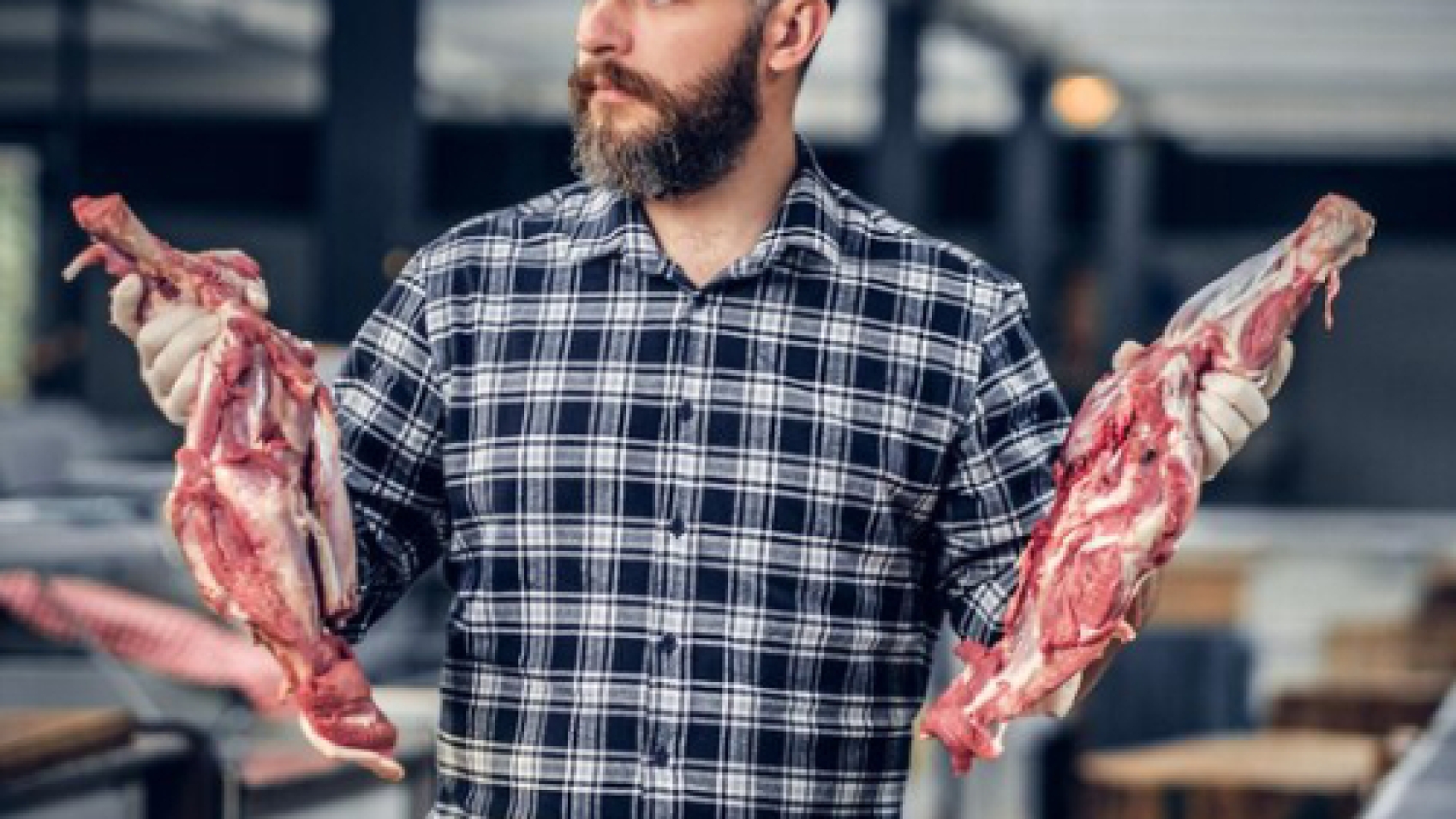Current Trends Shaping the Meat Industry
The meat industry is evolving rapidly due to a variety of influential trends. One significant trend is the growing consumer demand for transparency and sustainability. Shoppers are increasingly concerned about where their meat comes from, how it’s produced, and its environmental impact. This shift is pushing companies to implement more sustainable practices and provide clear information about sourcing and production. Another trend is the rise of alternative proteins, such as plant-based meats and lab-grown options, driven by health-conscious consumers and environmental advocates. Additionally, technological innovations are transforming meat processing and supply chain management, with advancements in automation and data analytics enhancing efficiency and precision. Companies must stay informed about these trends and integrate them into their strategies to remain competitive and meet evolving consumer expectations.
Challenges Facing the Meat Industry
The meat industry confronts several persistent challenges that can impact business performance and sustainability. Fluctuating raw material costs, influenced by factors like feed prices and global trade dynamics, create financial uncertainty. Compliance with increasingly stringent regulations, such as those governing food safety, labeling, and animal welfare, requires significant resources and attention. Environmental concerns, such as the carbon footprint of meat production and waste management, are also pressing issues as consumers and policymakers push for greener practices. Additionally, supply chain disruptions, whether due to geopolitical events or natural disasters, can affect the availability and cost of meat products. Addressing these challenges demands a proactive and strategic approach to risk management, cost control, and regulatory compliance.
Strategies for Adapting to Market Shifts
To successfully navigate the changing meat industry landscape, businesses should adopt several strategic approaches. Investing in technology can drive efficiency and cost savings, such as through automation in processing and sophisticated data analytics for inventory and demand forecasting. Embracing sustainability is also critical; companies should focus on reducing waste, optimizing resource use, and adopting more eco-friendly practices. Diversifying product lines to include plant-based or alternative proteins can cater to shifting consumer preferences and expand market opportunities. Additionally, staying ahead of regulatory changes and maintaining compliance can prevent costly penalties and enhance reputation. By implementing these strategies, businesses can remain agile, meet market demands, and achieve long-term success in a competitive environment.
Leveraging Technology for Operational Efficiency
Technology is a key enabler in adapting to changes within the meat industry. Automation in processing plants enhances speed, accuracy, and consistency, while reducing labor costs and human error. Data analytics tools allow for more precise inventory management, helping businesses anticipate demand fluctuations and adjust supply accordingly. Advanced technologies, such as blockchain, offer improved traceability, enabling better monitoring of meat products from farm to table and ensuring compliance with food safety standards. Internet of Things (IoT) devices can monitor environmental conditions during storage and transport, ensuring optimal freshness and quality. Investing in these technological advancements can significantly boost operational efficiency, reduce costs, and improve overall productivity, providing a competitive edge in the market.
Embracing Sustainability and Ethical Practices
Incorporating sustainability and ethical practices into business operations is increasingly important for meat industry players. Consumers and regulators are demanding more responsible practices, leading companies to focus on reducing their environmental impact through sustainable sourcing and waste reduction. Implementing energy-efficient processes and adopting renewable energy sources can further lower carbon footprints. Ethical considerations, such as humane treatment of animals and transparent labeling, are also vital for building consumer trust and brand loyalty. Certification from recognized sustainability organizations can lend credibility to these efforts and demonstrate a genuine commitment to responsible practices. By prioritizing sustainability and ethics, businesses can align with market expectations, improve their public image, and contribute positively to industry-wide changes.
Conclusion
Successfully adapting to changes in the meat industry requires a comprehensive approach that addresses current trends, challenges, and strategic opportunities. Businesses must leverage technology to enhance operational efficiency, embrace sustainability to meet consumer and regulatory demands, and diversify their product offerings to stay relevant in a dynamic market. Proactive adaptation and innovation are essential for navigating the evolving landscape and achieving long-term success. By staying informed, implementing strategic initiatives, and remaining agile, companies can effectively manage the complexities of the industry and maintain a competitive advantage. In a rapidly changing environment, those who adapt and evolve will be best positioned to thrive and meet the demands of an ever-evolving market.

